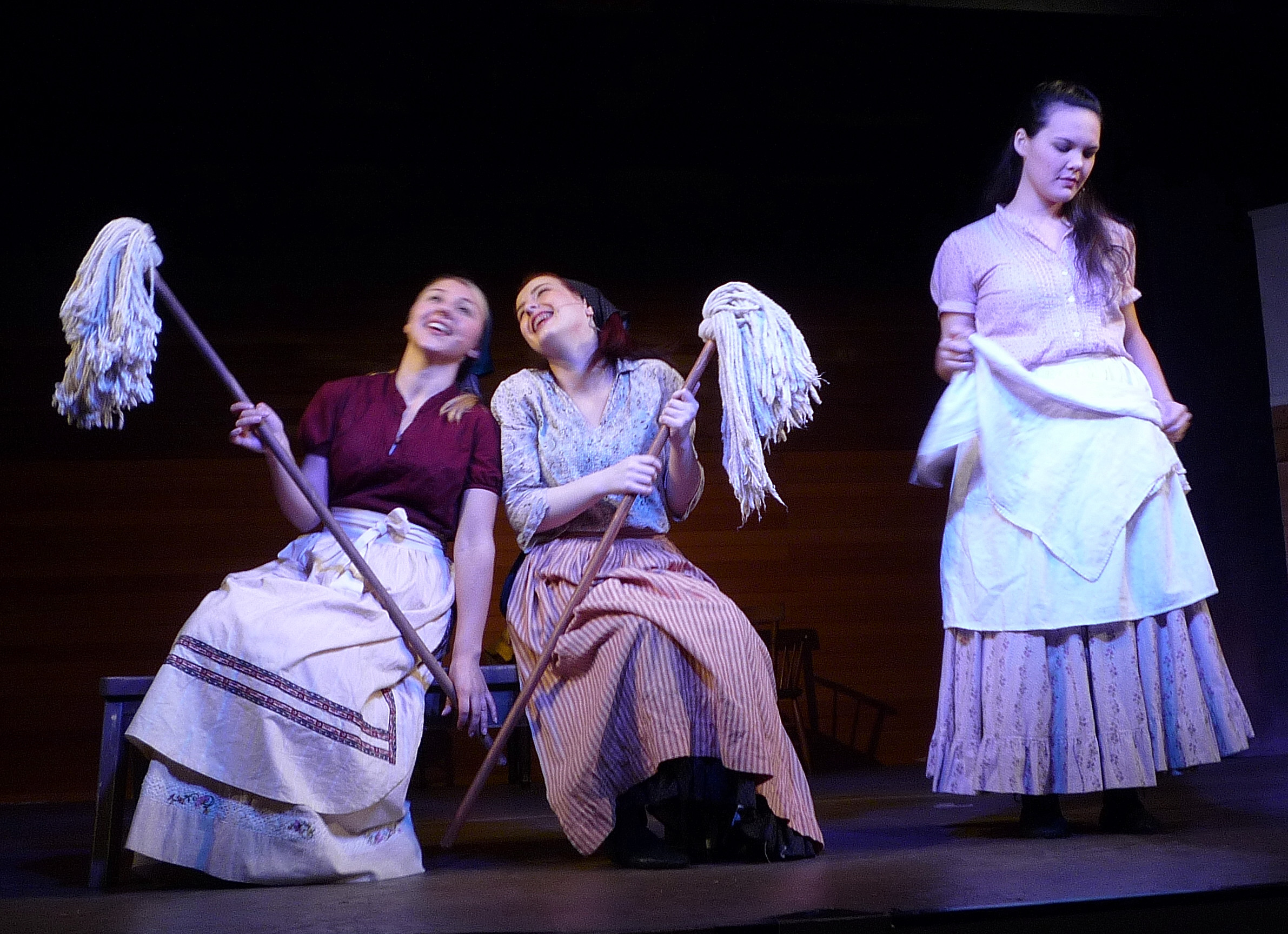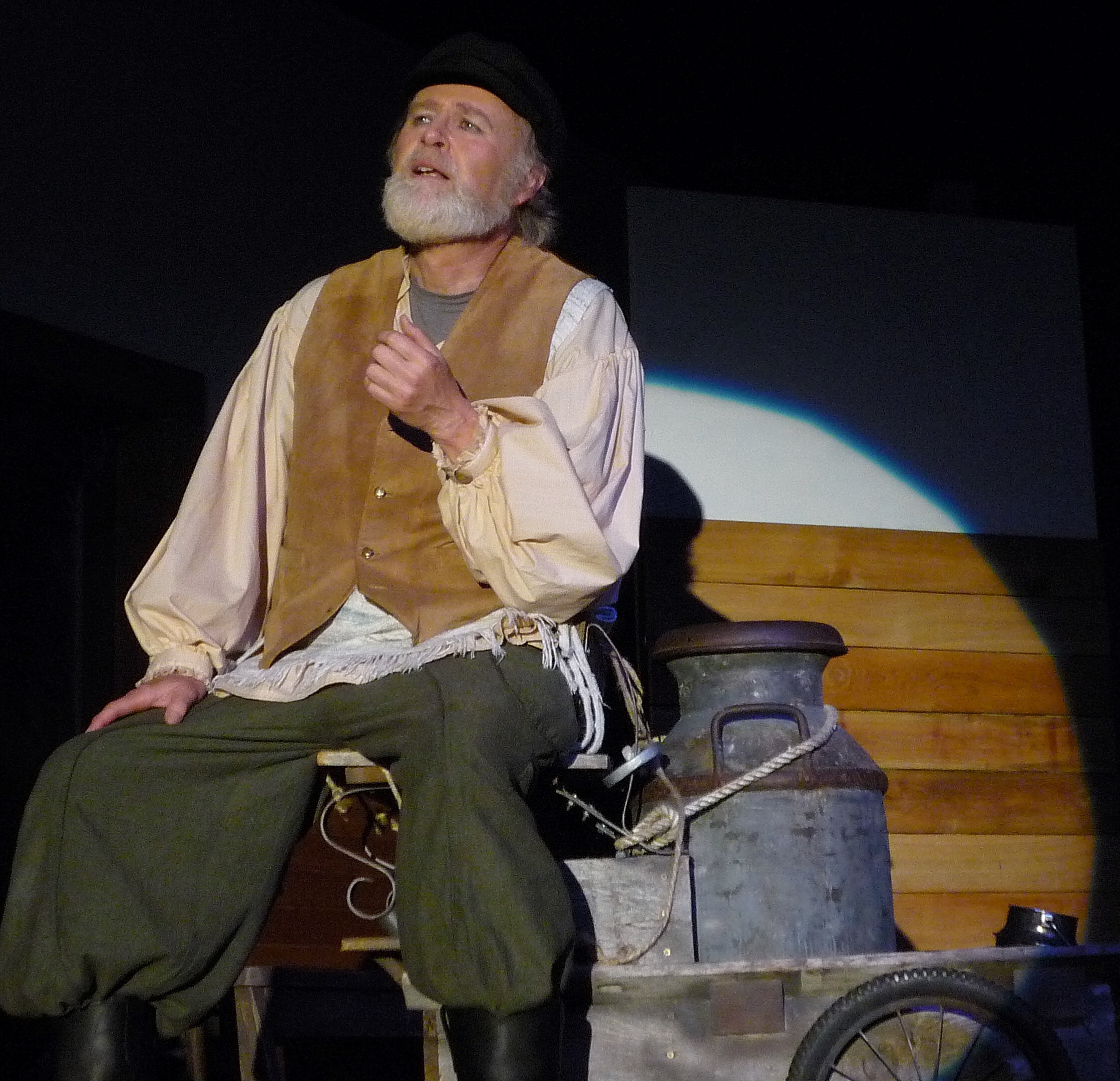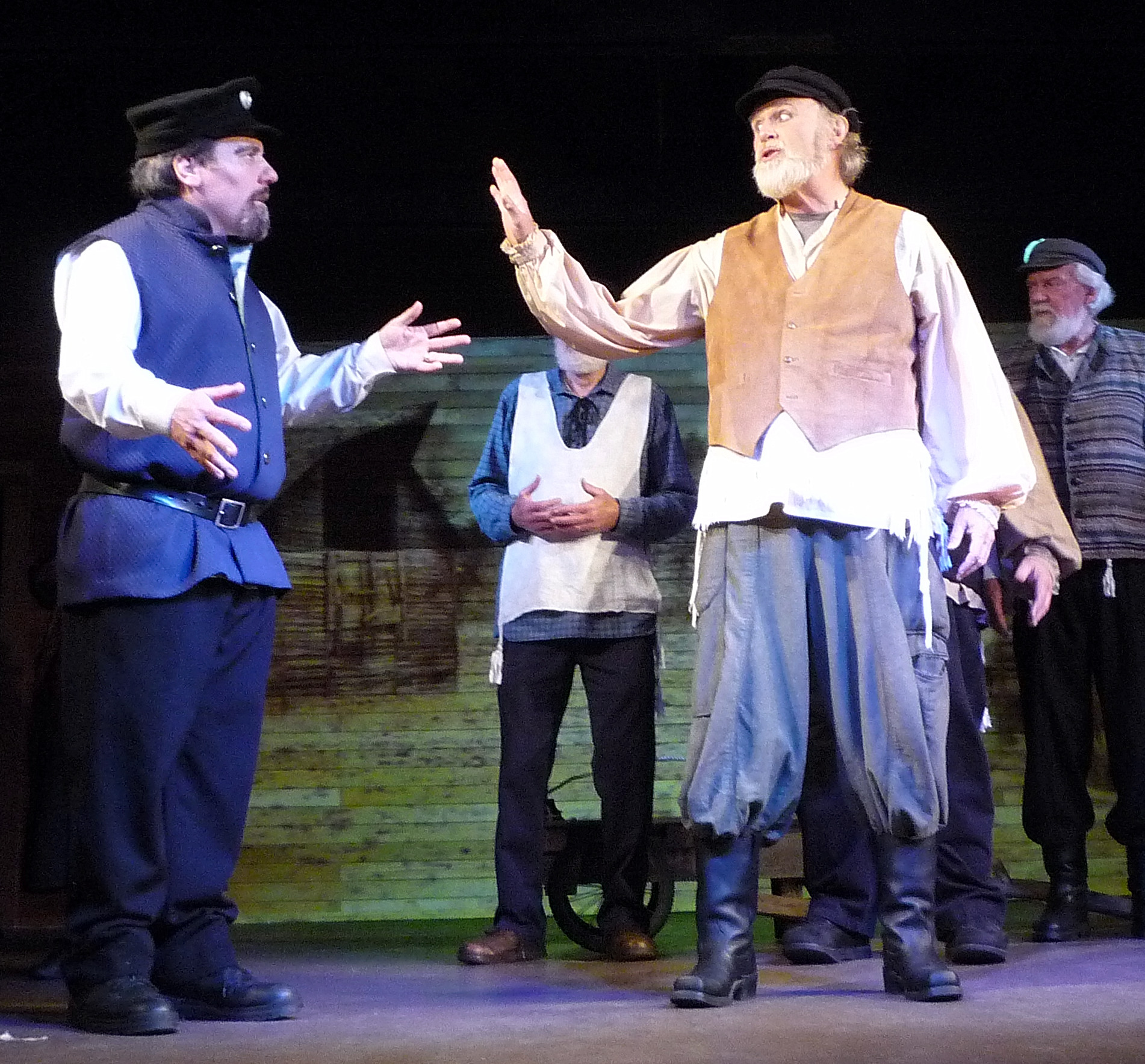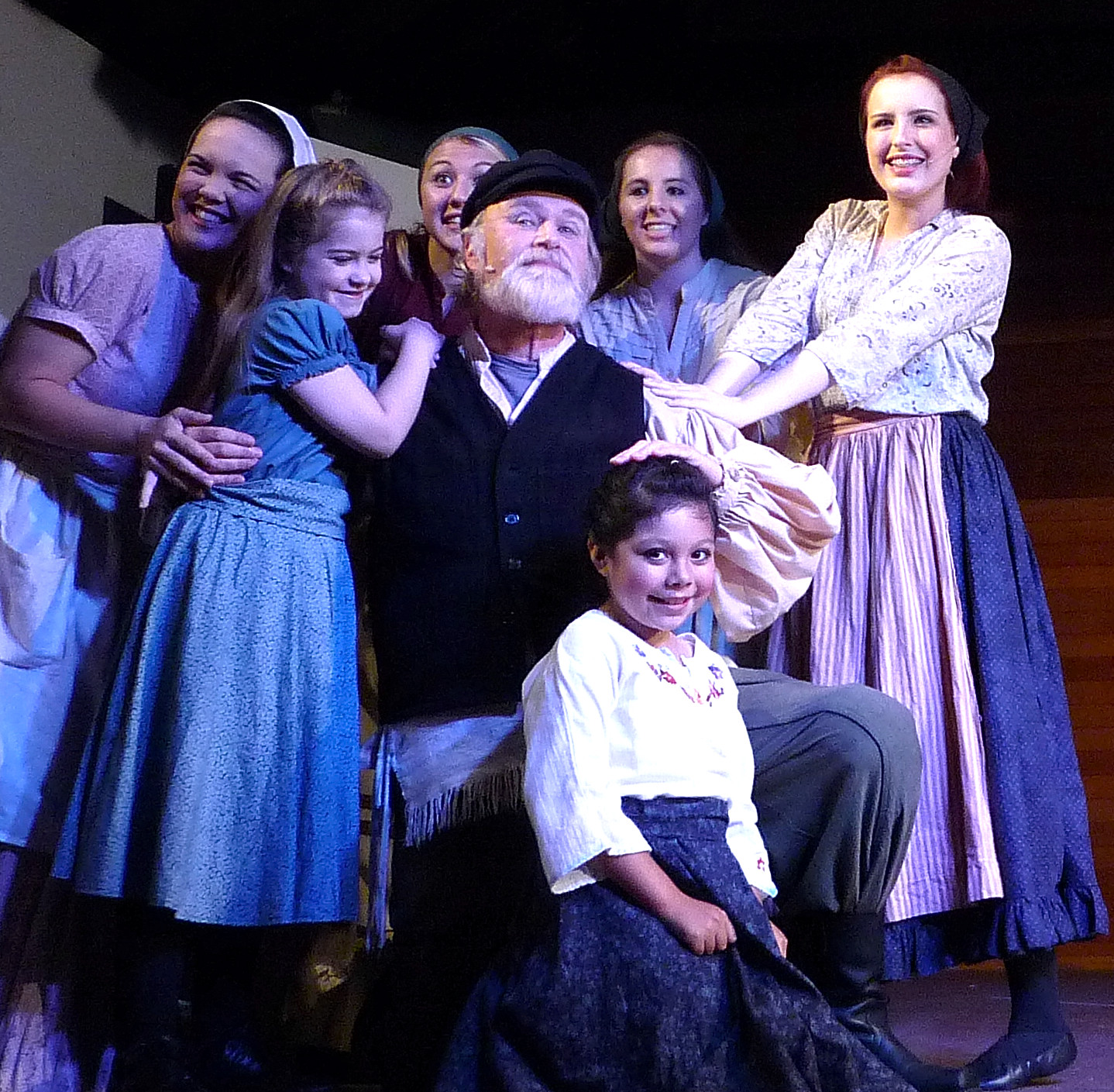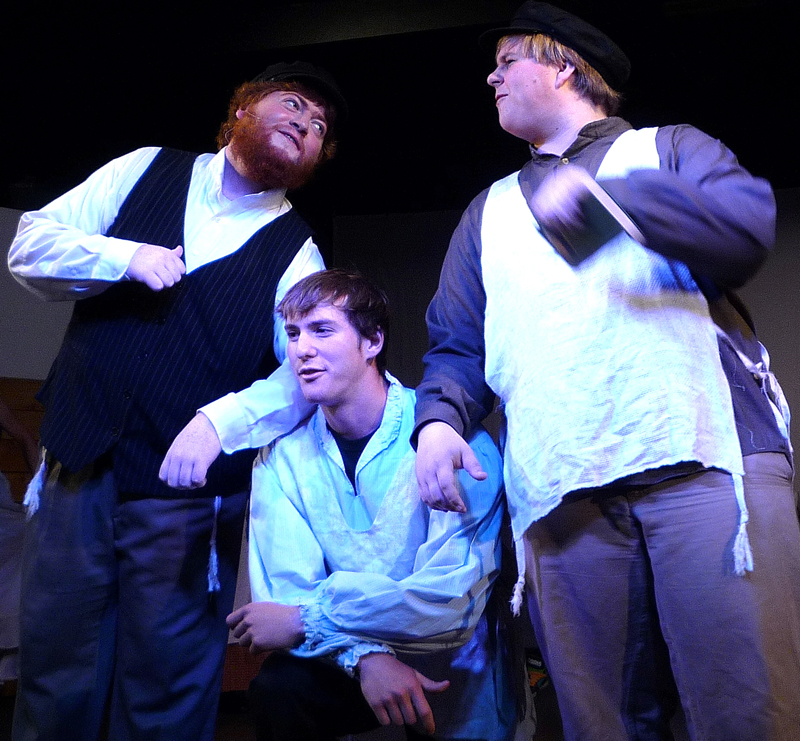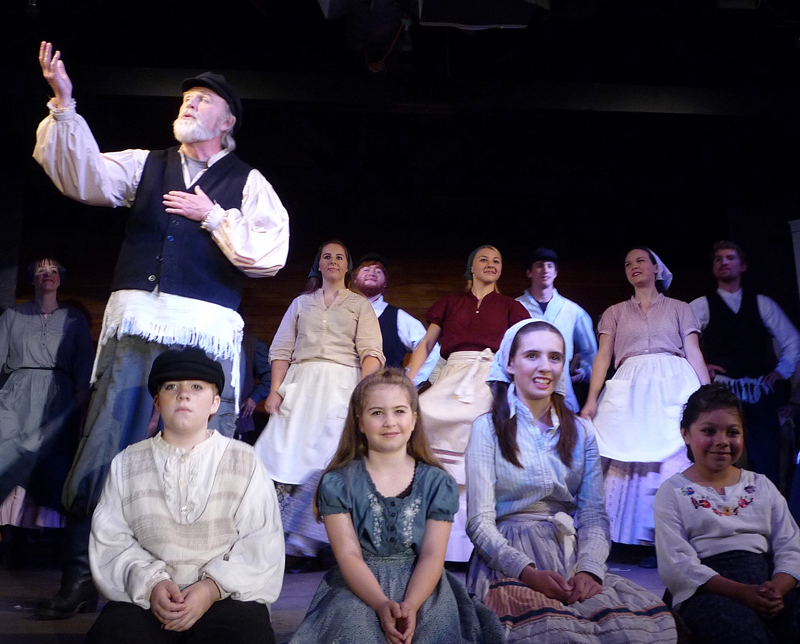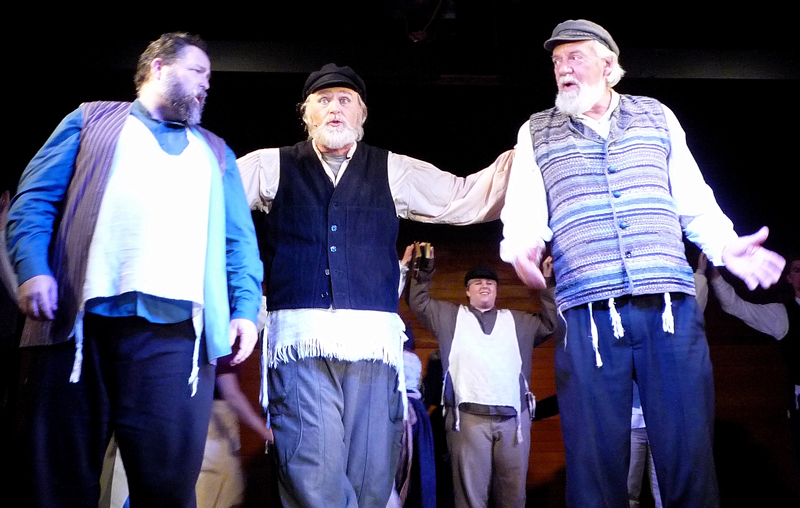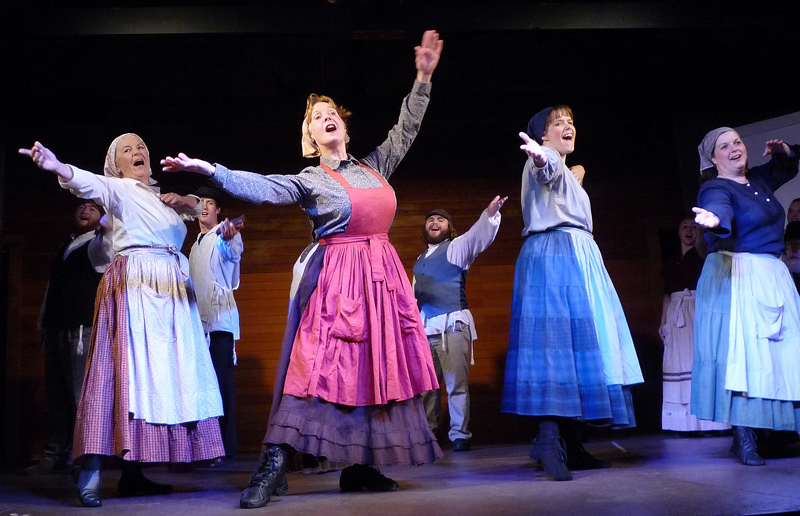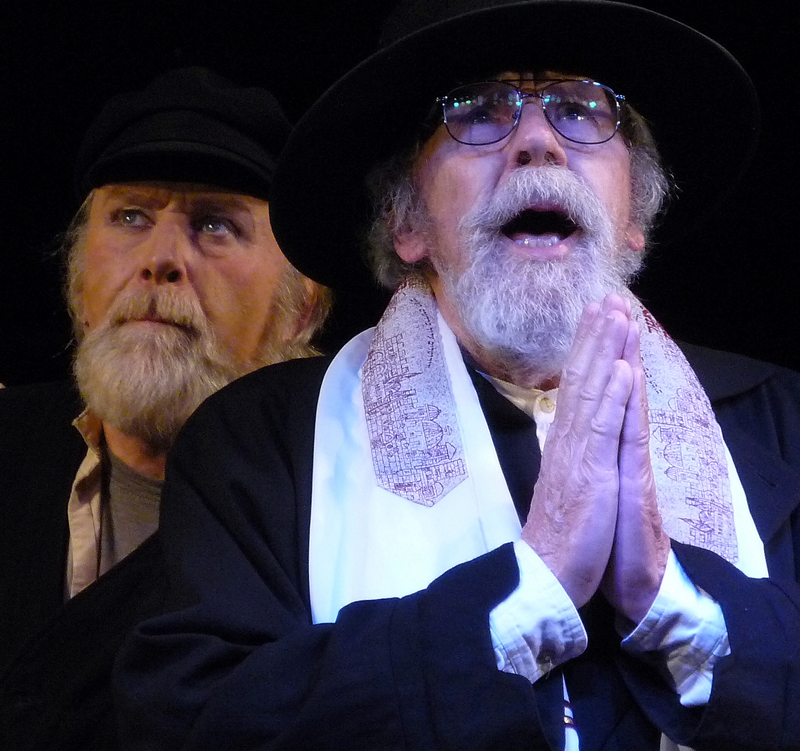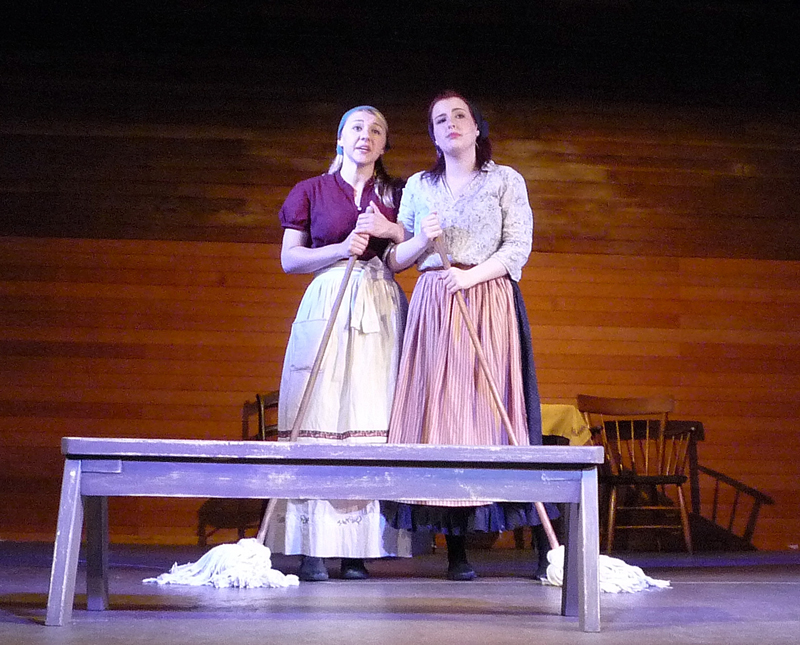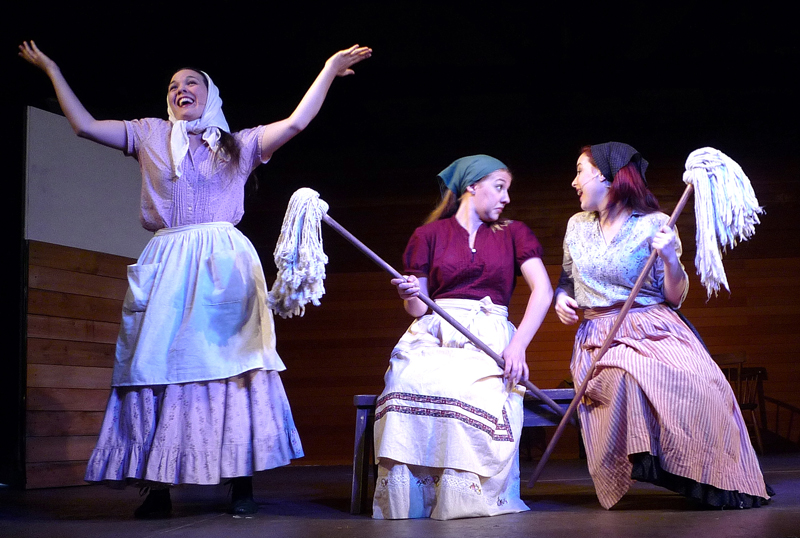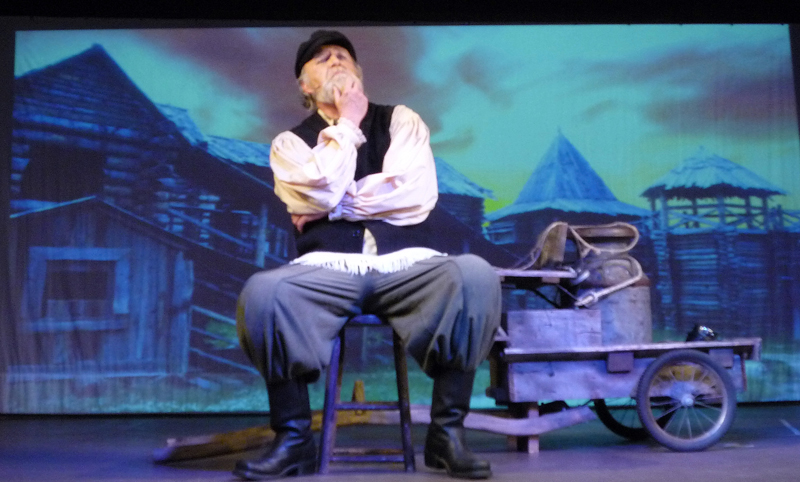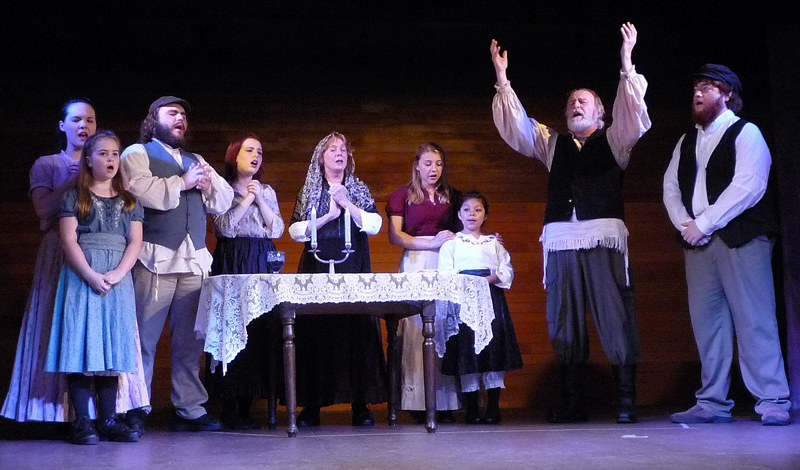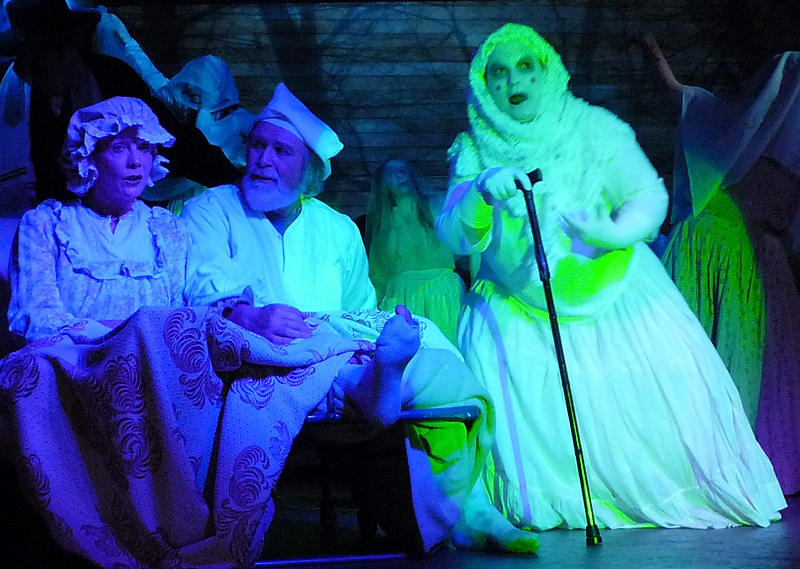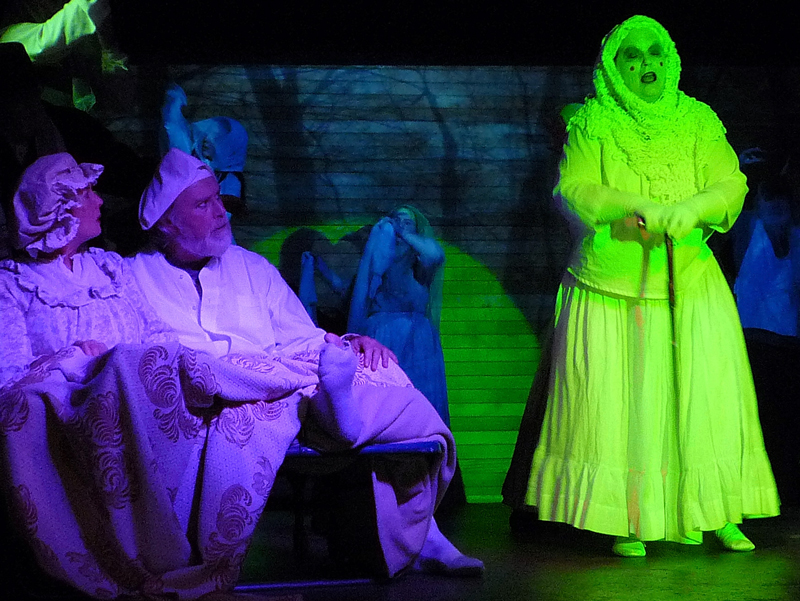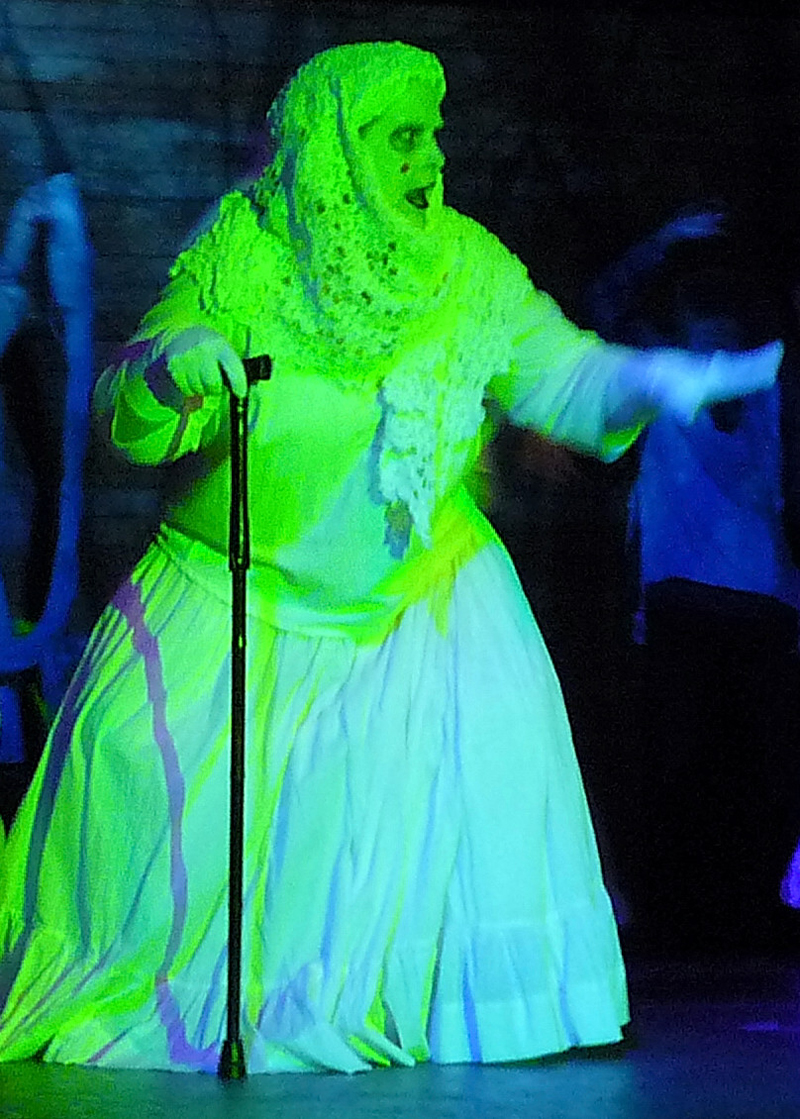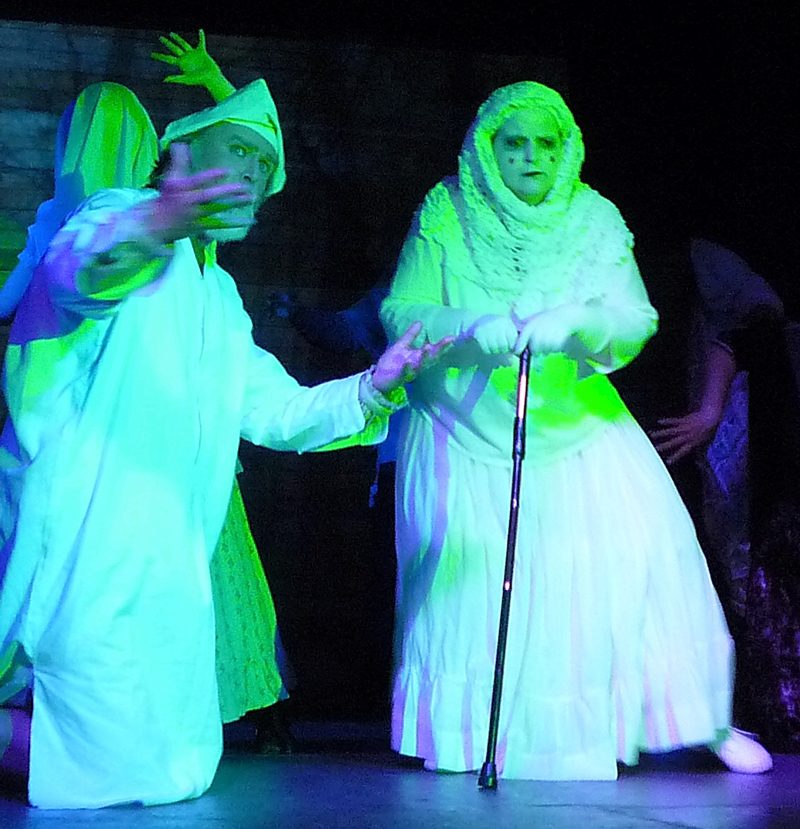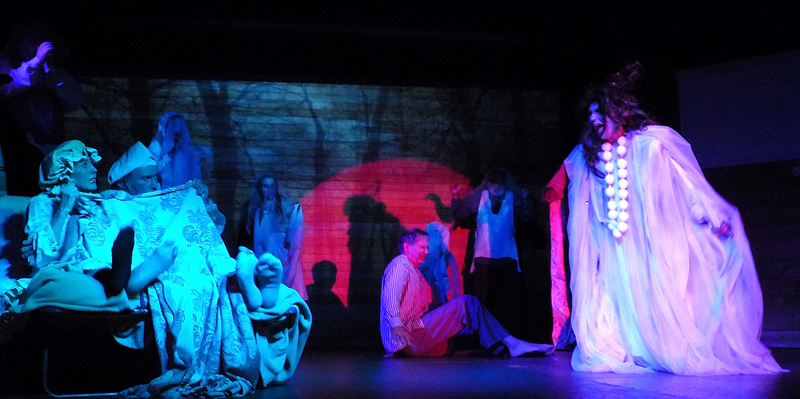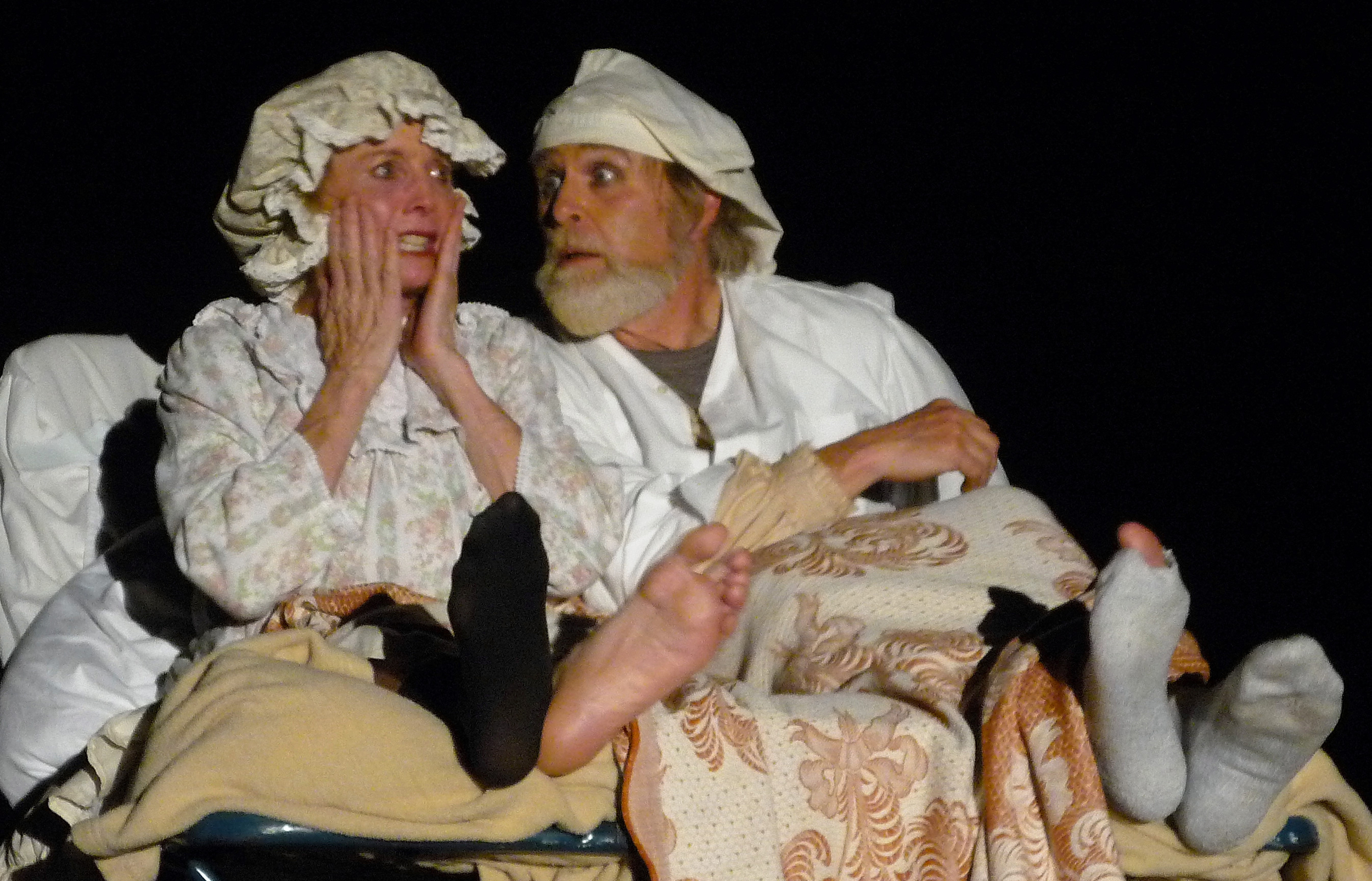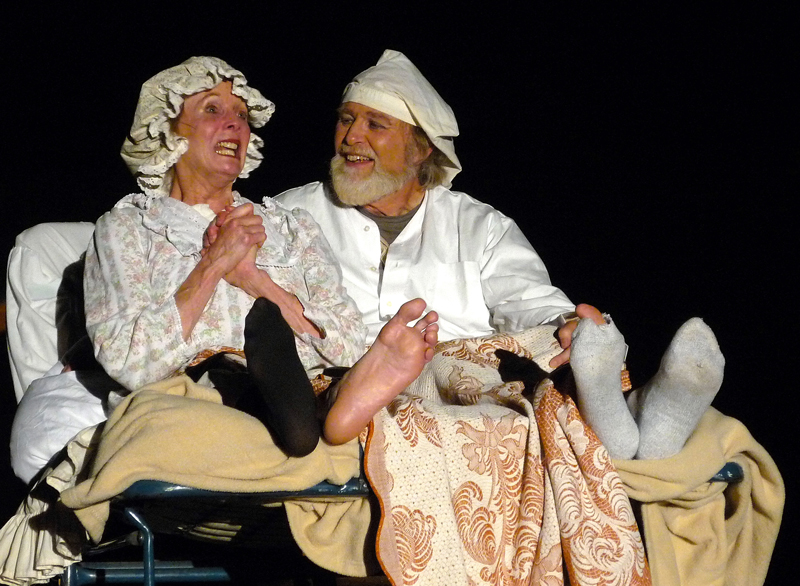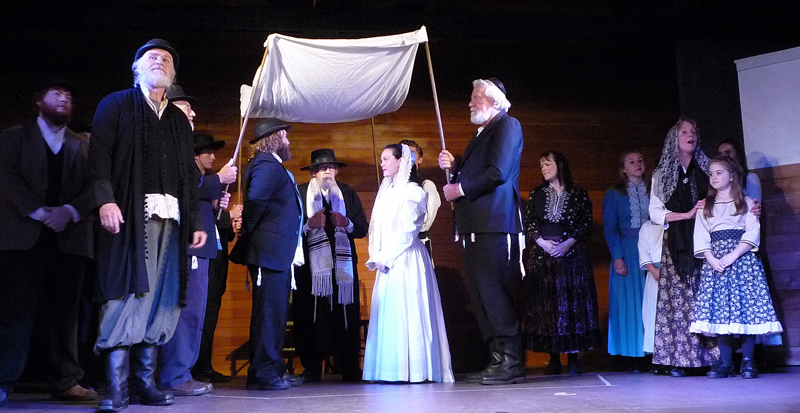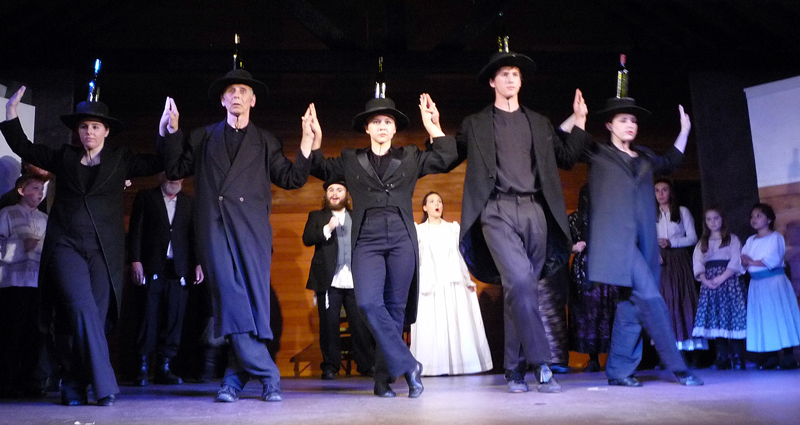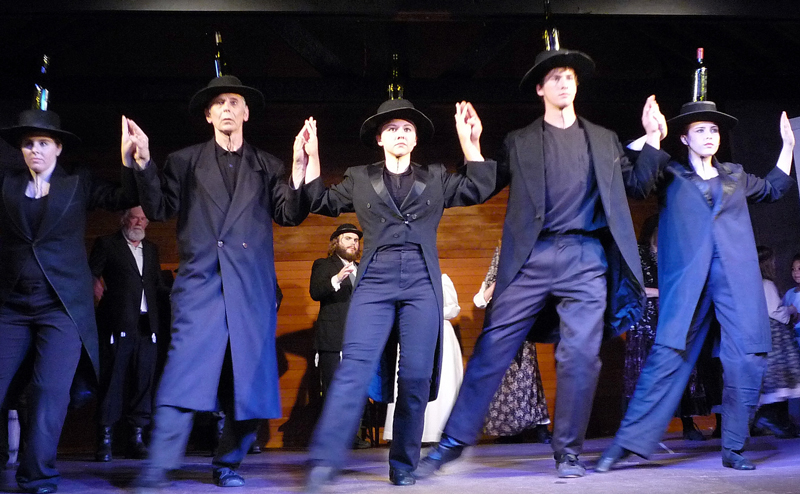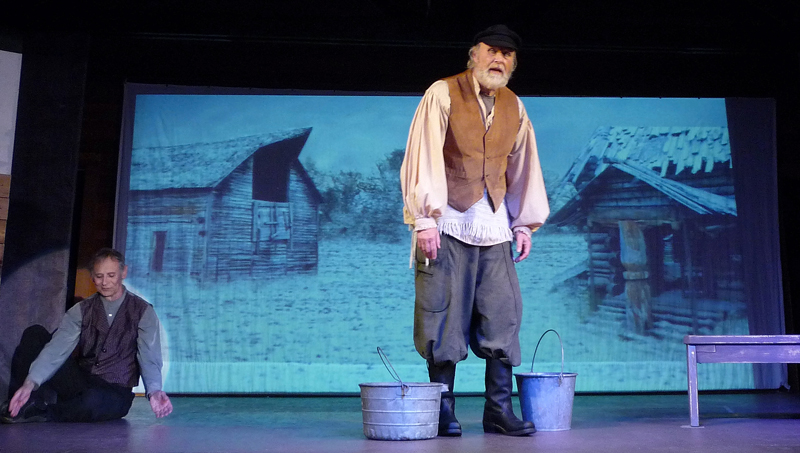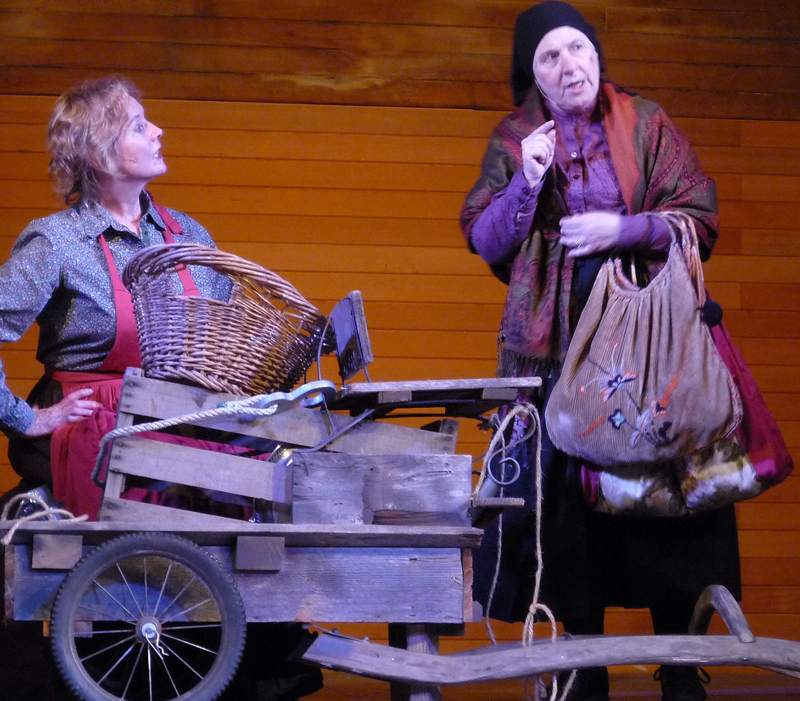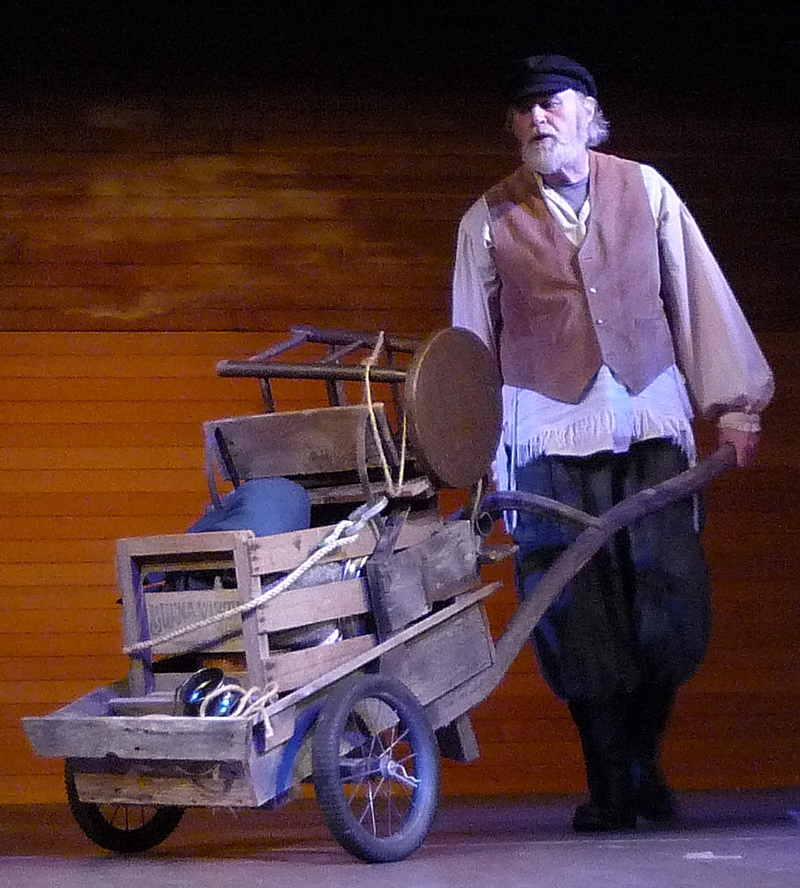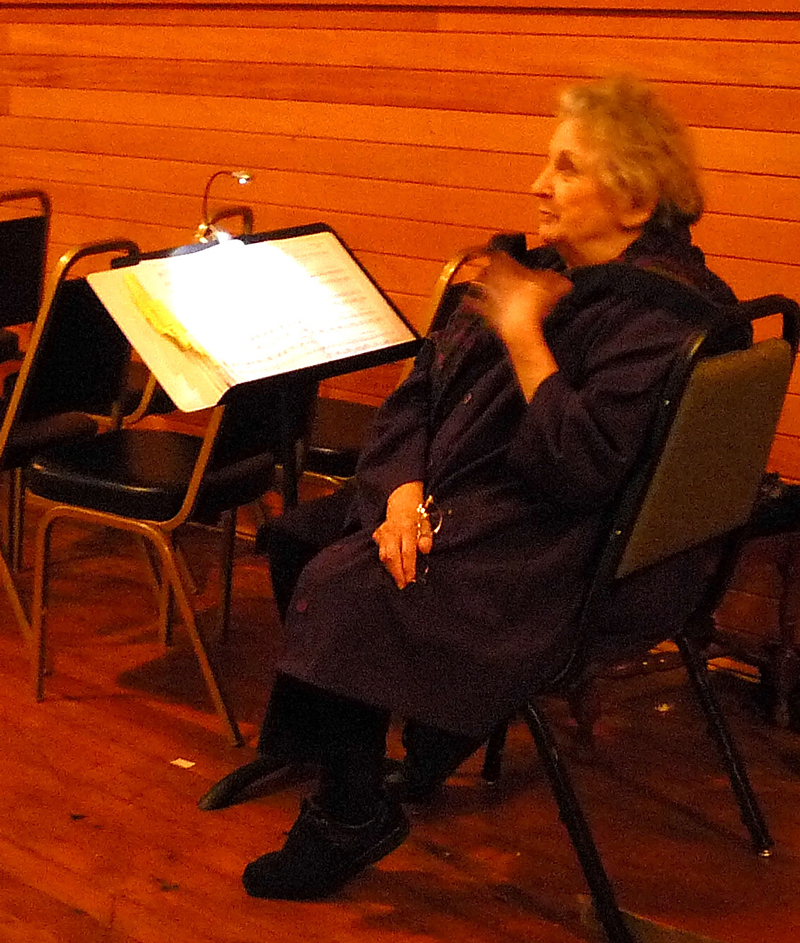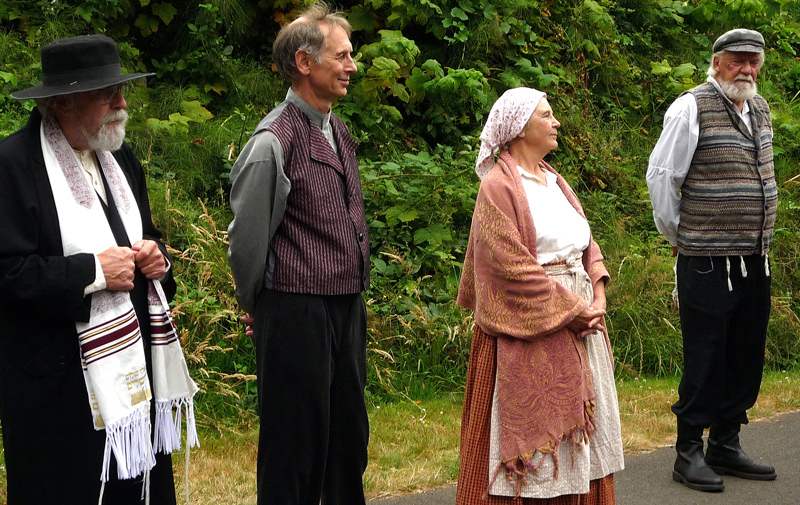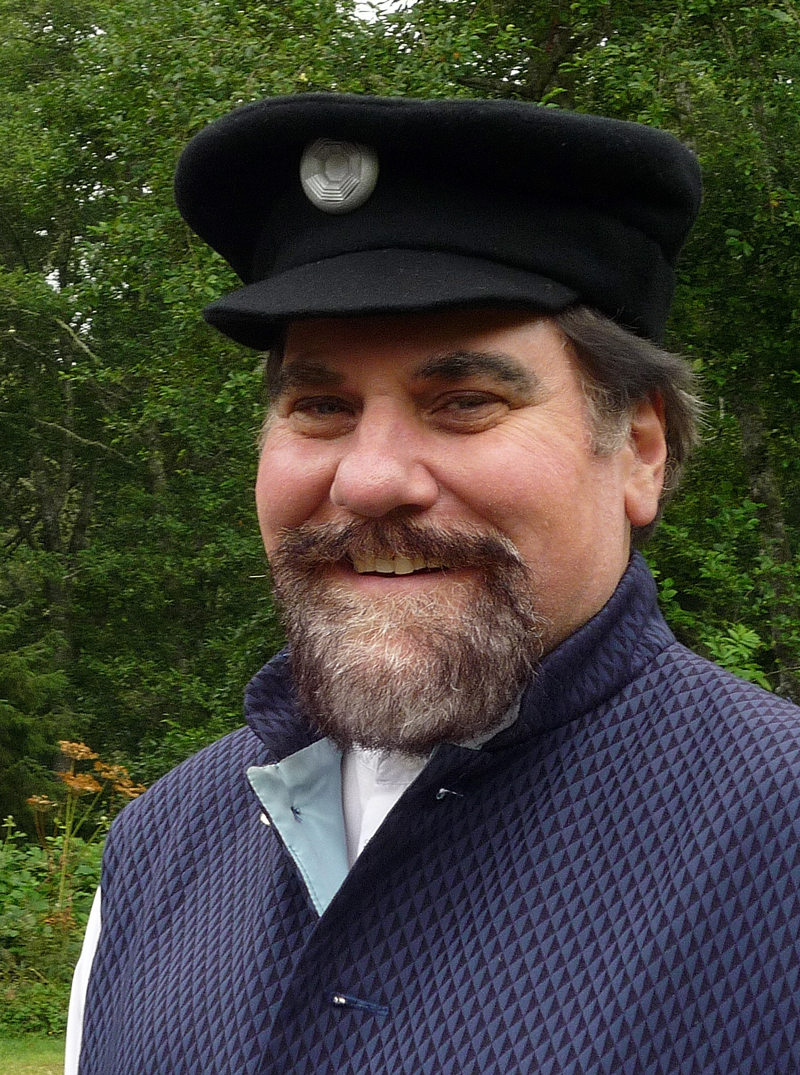Fiddler on the Roof Director, Barbara Poulshock
DIRECTOR’S NOTES
“A Fiddler on the Roof. Sounds crazy, no?" So begins one of the best conceptualized, written, and composed musicals in theater history. Based on the short story by Sholem Aleichem, “Tevye and his Seven Daughters”, Fiddler on the Roof examines all of life, including persecution, poverty, and the struggle to maintain one's beliefs in the midst of a hostile and chaotic environment. Fiddler on the Roof takes place in 1905 in Anatevka, a small, fictitious village in the Ukraine where war and chaos lead to uprisings against the Russian Tsar, resulting in the deaths of over 100,000 people. At the same time, Albert Einstein, Sigmund Freud, and Karl Marx present new ideas and new world views. The Old World is changing, and Tevye, the milk man, who is the main character in this story, is caught between two changing and opposing forces.
Fiddler on the Roof is a story that asks each one of us how we can find a balance between change and tradition, between what we want for our children, and our children’s hopes and dreams for themselves. Fiddler on the Roof is still relevant today because it portrays the younger generation that is bringing to the world the reality of change (be it through technology or ideology) and the older generation who attempts to cling to the known traditions that are held so dear by them.
Sholom Aleichem was a Yiddish author and playwright who is often called the “Jewish Mark Twain” because of his humorous and delightful stories of Jewish life. The name of the musical was inspired by a painting by Mark Chagall, an artist who derived most of his inspiration from his orthodox, Jewish background as a child in Russia. Chagall’s cultural and religious upbringing is illuminated in his painting, “The Fiddler”, by the figure of a violinist dancing in a rustic village, symbolizing that it is possible to have communion with God through music and dance. In the Jewish culture of that time the fiddler was also a vital presence in the ceremonies commemorating birth, marriage, and death.
It is the juxtaposition of humor and pathos that we find so appealing in Fiddler on the Roof. The intimacy that surrounds this story touches all of us, no matter our walk of life.
Seven years ago when I decided to direct our first production of Fiddler on the Roof, I chose the Fort Columbia Theater as our venue because of the theater’s quaint ambiance, acoustical qualities, and the intimacy that creates an ideal environment for the telling of this incredible story. (Little did I know that this was to be the beginning of a wonderful partnership between Washington State Parks, and the soon to be formed Peninsula Association of Performing Artists, PAPA). Also for me, Fort Columbia has a personal significance: Fort Columbia Theater was built in 1905, the same year that the musical is set, and the same year that my husband’s family escaped the pogroms in Kishenev, Russia, and arrived safely in America.
Thank you for coming to Anatevka. Enjoy the show!
Barbara Poulshock
Barbara is a North Coast Treasure recognized for her composing, teaching, and directing accomplishments.
